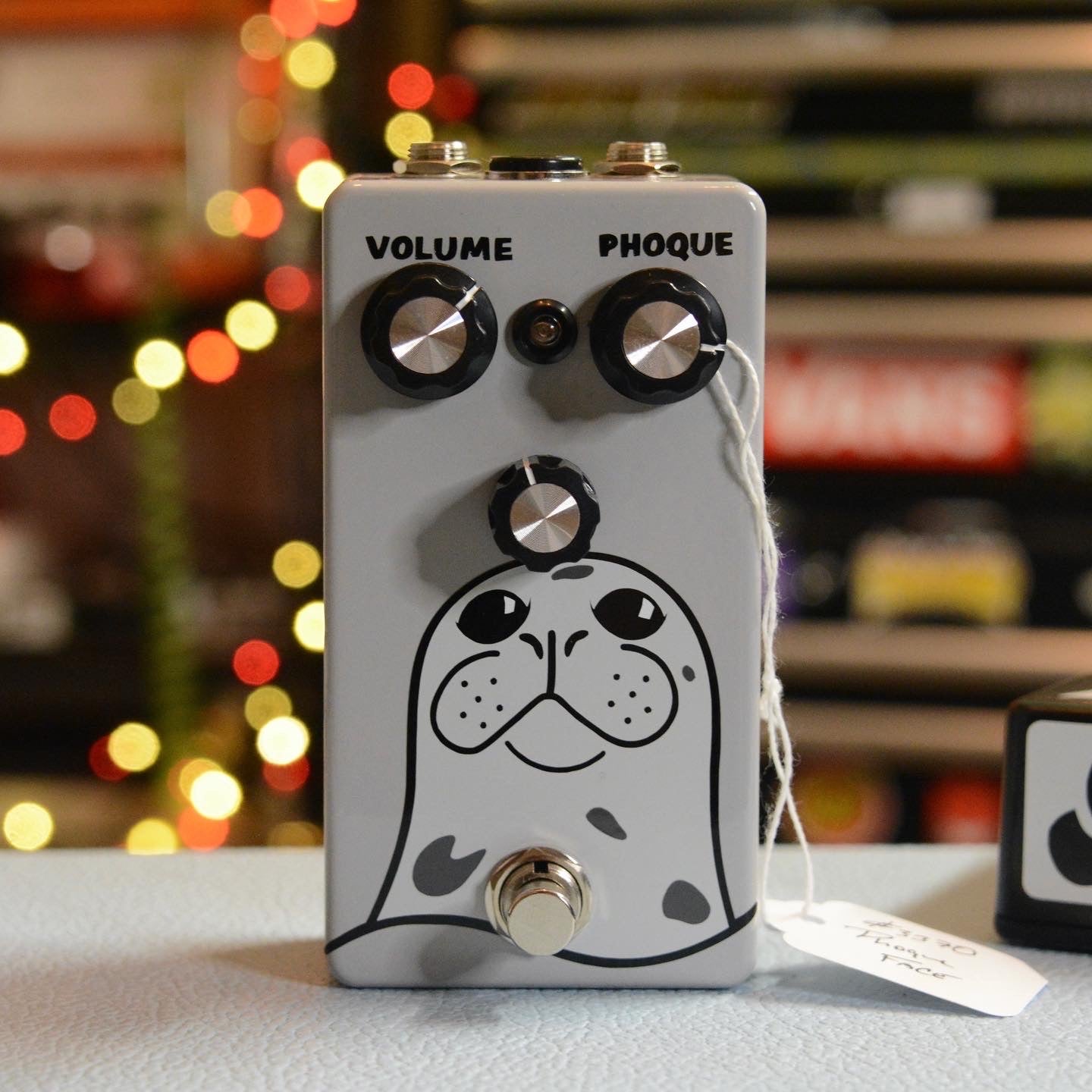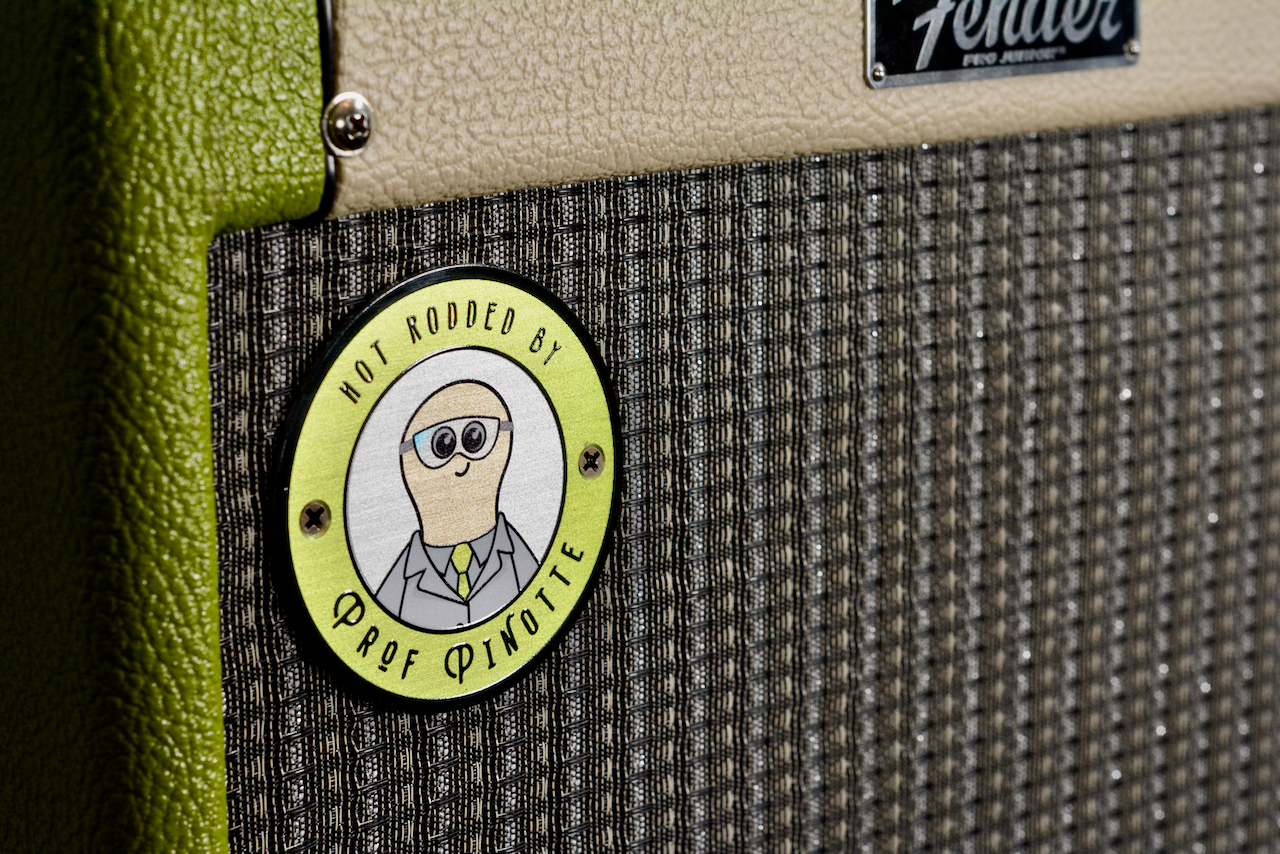Amongst all the guitar effects pedals, Fuzzes (yep, I made it plural) might be the trickiest one, and to make your confusion even deeper, there are so many of them that it becomes almost impossible to choose, unless you have a specific name in mind.
At this very moment, we have 12 different fuzz pedals in the store (that are on active duty). If you go there and check, you’ll find there are more but I did combine those that are variations of others (Phoque Face and Phoque R).
So what the heck is a Fuzz anyway, and what’s the point of having them? Good question, great question even.
At first, when life appeared on earth, wait, I am not telling the thing right, let’s try again. In the beginning, let’s say before 1960, there weren’t any effects, and the amplifiers had only clean signals, and at the same time, some heavier musicians had chosen violence, and they wanted to sound in accordance with their life choices. Slowly but surely, transistors were put into enclosures and plugged into amps to change the shape of the signal (from a beautiful and perfect sinusoidal curve into a squarier and fuzzier shape). Fuzz effect was born.
At first, there were three families of fuzzes, the Fuzz Face, the Tone Bender, and the Super Fuzz. As a baseline, we also have those and can you guess their names? Phoque Face, Tone Plier and Hot Foazz. If we had to explain the differences quickly, because many people have done this in a very thorough and well done way, so I won’t pretend I can do better. However, I can do it in a Fuzz for dummies way.
The Phoque Face is the classic Hendrix tone, goes from quite calm to not-so-violent, goes well with a Marshall amp, includes germanium transistors from the former soviet territories (for a vintage tone).
The Tone Plier is a one-trick-pony violent Led-Zepplinish tone… bender. Put simply, it bends your tone. I mean, it plies it. It change the signal shape to the limit of distortion, and stays in the high gain fuzzy range, in opposition with the lower gain option of the Phoque Face, with the same germanium transistors.
The Hot Foazz now, can sound like the Tone Plier, but it’s the path to go there that is different. It uses more modern parts, such as silicon transistors that are still made today (germanium ones are going extinct… someday). It’s violent, high gain, and has two modes, scooped and classic. Scooped means that the mid frequencies are removed, giving a more metal and modern output tone.
Many of our fuzzes are in the Phoque family, with more or less adjustments, and with silicon transistors for a more modern vibe.
Which Fuzz am I?
- What is my budget? It does not imply much because our range of price for this kind of pedal is pretty consistent, except for the Phoque R that includes a Ringer (Poulp) in the same enclosure.
- What type of music do I want to play? This is THE question that matters. Check our Fuzz Selection Compass. Here, the soft versus violent is the type of music, therefore the type of amp. Regarding the vintage vs modern, it’s about the components, but also the sound.

- What is my amp? Some Fuzzes are perfect with amps that already crunch but others work better with clean amps. The level of violence of the previous question will help with this. An already high gain amplifier combined with a more violent fuzz could cause the devastation of our planet. It’s on you to decide where you stand on that matter.
- Do I play bass or guitar? We only have one fuzz designed specifically for bassist, and it’s quite violent, the BFF (Bass Fire Fuzz). You can use all of the others, but results may vary.
- What is my guitar, and what are my pickups? Some fuzzes might be overwhelmed by active pickups, you might want to ask us if you are not sure about your choice. For example, our Bee Fuzz might fall in that category.
As usual, we are here to answer your questions, if you have any. You can contact us on social media, or email gup@guptech.ca




